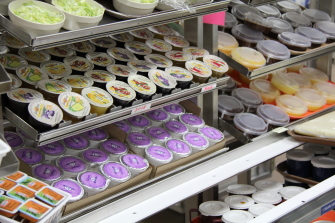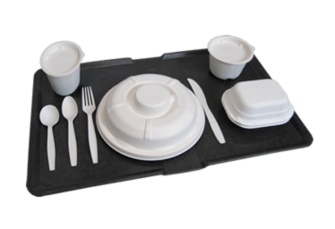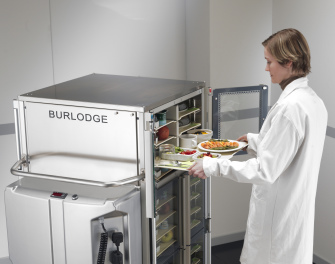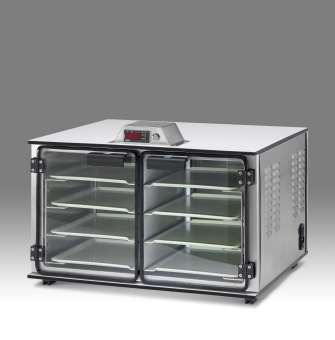Latest Articles
In health care foodservice, rethermalization of food has become the norm. This practice is omnipresent in large hospitality foodservice such as banqueting, catering, and hotels where large numbers of people need to be fed within a short time frame. Technological improvements over the years now allow foodservice operators to use state of the art equipment that delivers quality outcomes every time. In Healthcare Foodservice there are different demands compared to banqueting and hotel catering but many of the benefits are the same.
Let’s face it, a lot of patients well enough to eat in hospitals complain about the food. “It’s bland” or “it’s dreadful” are common descriptions along with “how am I supposed to get better if the food is so bad?”
The Allergists voted to scratch it, but the Dermatologists advised not to make any rash moves.
With energy and environment issues at the forefront of the food service industry and cost cutting and food safety at the forefront of the healthcare industry, commercial dishwasher companies introduced a low temperature dish machine to the market. What advantages does this untraditional machine have that its high temperature cousin does not?
We all do our best to serve our meals to patients at the correct temperature – hot food hot and cold food cold. It is a huge challenge which can often be overcome by using a state of the art meal delivery system that provides active temperature maintenance.
Absenteeism is not a unique problem to food service operations, however is usually present. This is due to increased presence of the union environments and changing economic times. People, even in a “recession” seem to have choices, rights and more options than before. With these in mind, Absenteeism has become not only an issue, but a cause of lower production, decreased quality of work and increased costs of labor. In this article we will discuss some common causes of absenteeism and how to handle it.
In long term care settings and rehabilitation hospitals and even in other institutional settings that provided extended care, the creation of a foodservice committee made up residents, family, and staff is critical to the success of a dietary functional program.
Glove usage has become a controversial and hot topic in the food service industry in the past couple years, glove supporters have tried to make it legislation that it be mandatory for food handlers to wear gloves; this point is argued by Operators seeing the immediate benefits of creating a barrier between the handler’s hands and the prepared food.







